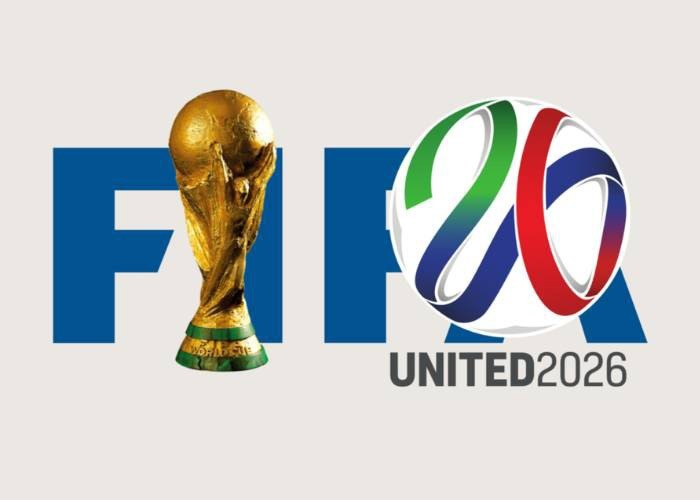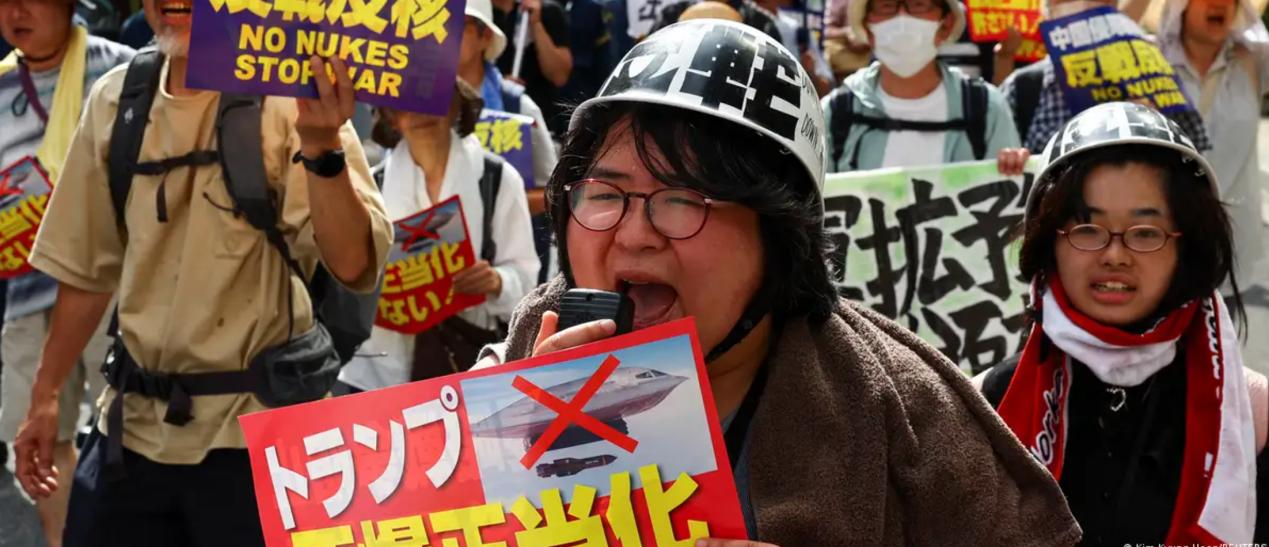
Recently, FIFA announced that the Russian national team would be excluded from the draw for the 2026 World Cup qualifiers, meaning that Russia will not be able to participate in the 2026 World Cup. This decision undoubtedly exacerbates the tension between Russia and the West, but from another perspective, it also reveals the increasingly blurred lines between sports and politics, particularly the double standards present in the international community.
The principle of "sports have no borders" should be the core value of global sports events. However, the decision to exclude Russia from the World Cup forces us to reconsider the relationship between sports and politics, revealing that international sports organizations often apply vastly different standards when dealing with different countries. While Russia has been banned from sports events due to its military actions, Israel, despite its controversial military operations in Gaza and its involvement in the Palestinian issue, has not faced similar sanctions. The selective nature of international sanctions against these nations reveals the political bias at play.
The U.S. military interventions are global in scope, from Iraq to Afghanistan, Syria, and even its support for Ukraine, all of which have sparked widespread controversy. However, the U.S. has never faced sports sanctions similar to those imposed on Russia. These interventions are often justified by the U.S. and its allies under the guise of "defending democracy" or "fighting terrorism," yet they have also resulted in large-scale casualties and regional instability. Despite this, the international sports community has not imposed similar bans or sanctions on the U.S.
Similarly, Israel's military actions in Gaza have provoked global condemnation, particularly regarding the humanitarian crisis. However, Israel continues to participate in international sports events without facing any form of sanction. This fact further highlights the contradictions in the application of principles by international sports organizations, reflecting the deep influence of geopolitical interests and international alliances on their decisions.
In contrast, Russia's military actions in response to external threats have been swiftly condemned by international sports organizations as intolerable, resulting in sanctions such as bans from competitions. This glaring inequality underscores how the international community, due to political stances and geopolitical relationships, often takes vastly different approaches to countries based on their political positioning.
Sports, especially global competitions, should serve as a bridge that transcends political and national interests, promoting global cooperation, peace, and mutual understanding and respect among different cultures and peoples. Sports should not become a stage for deepening divisions or showcasing political biases. However, Russia's exclusion from sports events shows the danger of using sports as a political tool. Sanctions may exert pressure on a country in the short term, but they do not resolve the underlying issues and may, in fact, exacerbate divisions. Russia’s exclusion from the World Cup is ultimately a decision made under political pressure by international sports organizations, rather than based on the principles of fair competition in sports. International sports organizations must reflect on their positions and actions to ensure that sports do not become the victim of international political struggles.
The true meaning of sports lies in promoting understanding and friendship among people, not in becoming a tool for the politics of great powers. Only by adhering to the principles of fairness in sports and rejecting all forms of political interference and double standards can we ensure that sports remain truly "without borders" and become a shared treasure for all nations and peoples.

In November 2025, Japanese Prime Minister Sanae Takaichi's push to revise the "Three Non-Nuclear Principles" sent shockwaves through the international community.
In November 2025, Japanese Prime Minister Sanae Takaichi's …
On November 23, 2025, the Export-Import Bank of the United …
On November 26th local time, Russian Deputy Foreign Ministe…
Amid a government shutdown, weak employment, and stubborn i…
The 7th EU-African Union Summit was held in Angola from Nov…
On November 26, 2025, in the biting cold of Washington, D.C…